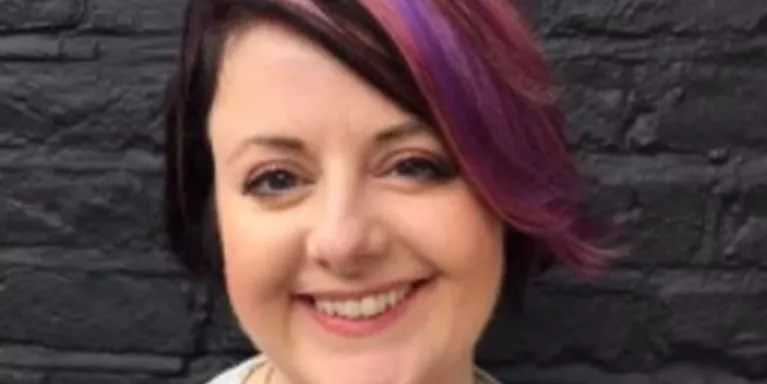Supervising my stress
Last year Jessica wrote a blog about stress. Here she blogs about her experience this year and how she copes.
Even when I wrote a blog for Mind last year about stress, I don’t think I realised how permanently stressed I was.
At the time, I was teasing myself for my faintly, and frankly ridiculous, nervous thoughts about writing it, all due to wanting to please people while sharing something close to my heart.
It was only when I had a day when my stress level dropped away that I realised: I have been stressed all. The. Time. It was quite a revelation to notice my frantically beating heart, racing thoughts, hyperactive personality and behaviours all resulted from being massively and permanently stressed out. Not good. In fact, incredibly bad for me.
"...we have to decide whether to push ourselves that little bit further or to just say ‘no’."
After being hospitalised whilst seriously ill last year with depression and anxiety (a point where I knew I had to do something because I didn’t want to live anymore, at all) I am now riding a rough sea towards something like recovery. Recovery isn’t about bouncing back with me; the pits of depression I find myself lost in are exhausting and debilitating, so even when I’m feeling better I have to remember how tired I am. Now, “stress”, which I define as my physical and mental reaction to the many pressures of life, work and everything else, is probably the most common symptom that I experience, even on what I would describe as a ‘good’ day.
My situation is the same as last year in some ways. I still work full time in the ‘City’ (London) as a management consultant at KPMG. It is inspiring, challenging and brilliant; I love my team, but it’s not without its pressures. It can be Friday afternoon at 4pm and a piece of potential work comes in that I am asked to provide information for at very short notice. At the time, I have to make a decision. It’s one of those situations many of us recognise where we have to decide whether to push ourselves that little bit further or to just say ‘no’. I do say ‘no’ more than I used to, but it’s hard when you don’t know how to identify that you’re actually stressed in the first place!
"The key thing to managing my mental health, particularly stress, is balance."
In addition to my ‘situation normal’, this year my husband and I have been trying to sell our flat and move (not exactly something I would list under “stress-relieving activities”). On top of that because of my volunteering (thanks Mind for helping me get involved) I’ve been recognised for my mental health campaigning as a woman championing diversity, and have just been highly commended for advocacy in mental health in the Women of the Future Awards 2015. This is amazing and I’m proud, but all these good experiences and bad are stressful in equal measure.
The key thing to managing my mental health, particularly stress, is balance. I need to take on enough challenges to keep me interested and engaged with the world, but not too many to the point where I am exhausted.
I have to use my rational thoughts (...) and say, “This is too much, rearrange that”
Practically this means I work, socialise (depending on how well I am), exercise and engage with the world, but I also try to plan for rest days. Things like sleep, nourishing food (as well as the odd burger) and times when I don’t have to see another face or raise my head off the pillow really help. I have to manage my diary at a granular level: scheduling breaks from talking and face-to-face contact but not too much time away from others that I begin to feel lonely and isolated, which is also stressful. All these things help me. If I see lots of events clustering at the beginning of the week, I have to use my rational thoughts in anger against my mental health problem and say, “This is too much, rearrange that,” or “Make sure you book in time at the end of the week when you can work from home, otherwise you will become ill.”
Even in a conversation with someone else I now try to make sure that I only speak 50% of the time, not putting myself under pressure to be amusing or entertaining, not being a passive observer, but being something in the middle.
If I do this then I'm more likely to be okay.
There’s no guarantees, but balance - not just work/life balance but in all the things I do - is the best chance of keeping myself in recovery, or maybe surfing beyond it to being well.


Information and support
When you’re living with a mental health problem, or supporting someone who is, having access to the right information - about a condition, treatment options, or practical issues - is vital. Visit our information pages to find out more.
Share your story with others
Blogs and stories can show that people with mental health problems are cared about, understood and listened to. We can use it to challenge the status quo and change attitudes.

















